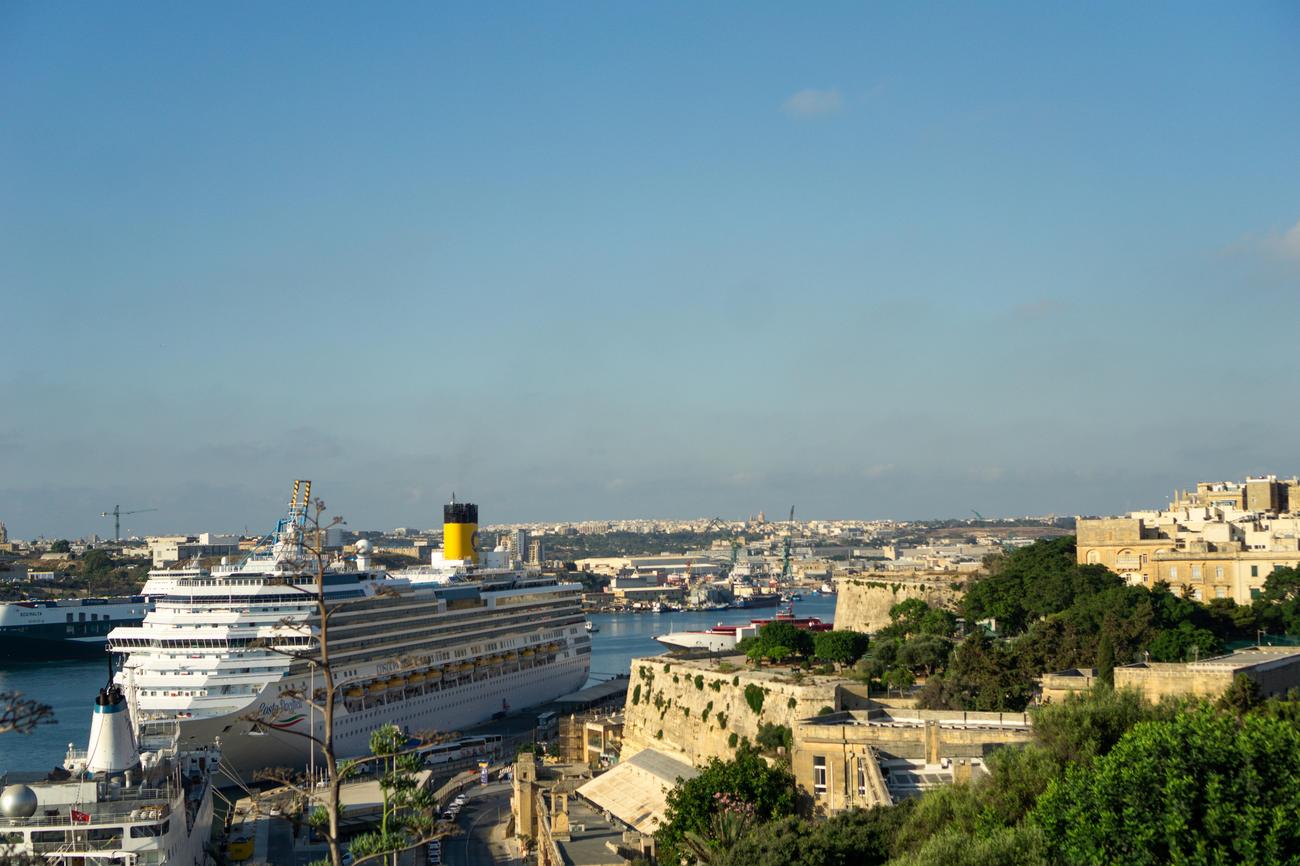Step back in time and embark on a captivating journey through Malta’s rich and storied past. Brace yourself for a thrilling exploration of the island’s hidden tales, as we unearth the fascinating history that has shaped this enchanting Mediterranean gem. From ancient civilizations to heroic conquests and acts of resilience, Malta’s tapestry of cultures awaits. Get ready to immerse yourself in a world of captivating narratives and spellbinding discoveries as we unveil the secrets of Malta’s captivating history.

The Fascinating History of Malta
Malta, a small archipelago located in the Mediterranean Sea, holds a historical heritage that can rival some of the world’s most renowned civilizations. From its early Neolithic inhabitants to the colonization by major powers, the island has witnessed a myriad of events that have shaped its unique story.
Prehistoric Wonders: A Glimpse into the Past
Malta’s history dates back to approximately 5900 BC, making it one of the oldest continuously inhabited places on earth. However, it is the remarkable Neolithic culture that flourished around 3600 BC that truly sets Malta apart. These enterprising people left behind an astonishing legacy in the form of megalithic structures, such as the famous Ġgantija temples on the island of Gozo. With their magnificent size and meticulous craftsmanship, these temples serve as a testament to the advanced knowledge and skills of their builders. To this day, the question remains: how did such a small community manage to create such monumental structures with the limited technology available?
“Picture yourself standing in front of the towering Ġgantija temples, a breathtaking testament to the ancient Maltese people’s ingenuity and skill.”
A Conquest by Napoleon: The Impact of French Rule
In 1798, Napoleon Bonaparte saw the strategic importance of Malta and took control of the island on his way to Egypt. This marked a significant turning point in Malta’s history, as it set the stage for a series of events that would lead to the end of centuries of rule by the Knights of Malta. The French occupation was met with resistance from the Maltese, who saw their cultural heritage and traditions threatened. The valiant efforts of the islanders, alongside the assistance of the British, eventually paved the way for the end of French rule.
“Against all odds, the Maltese people rallied together, refusing to let their cherished culture be eroded by foreign influence.”
A British Legacy: The Rise of Malta under British Rule
Following the expulsion of the French, Malta found itself under the protection of the British Empire. In 1800, the Maltese welcomed British forces, who blockaded the islands to safeguard against a possible return of the French. This marked the beginning of a new era for Malta, with British rule spanning over 160 years. The British Empire left an indelible mark on the island, influencing everything from governance to language and infrastructure. Eventually, Malta gained independence from Britain in 1964 and became a republic in 1974.
“Under British rule, Malta underwent a transformative journey, embracing new institutions and perspectives while preserving its own rich cultural identity.”
Malta Joins the European Union: A Modern Chapter Unfolds
In 2004, Malta took a significant step forward by joining the European Union. This move would have a profound impact on the island’s economy, society, and governance. As a member of the EU, Malta benefited from increased trade and investment opportunities, while also contributing to the broader European community. Today, Malta’s distinctive cultural heritage is intertwined with its role as a member state of the European Union, creating a captivating blend of tradition and modernity.
“By becoming part of the European Union, Malta has forged new paths while honoring its ancient roots, marking a new chapter in its illustrious history.”
Throughout its long and vibrant history, Malta has overcome countless challenges and emerged as a testament to the resilience and pride of its people. From the awe-inspiring megalithic structures to the struggles against foreign dominations, each chapter of Malta’s story adds to its allure. As we delve deeper into the fascinating history of Malta, we open our hearts and minds to a world filled with extraordinary tales of civilizations, conquests, and the indomitable spirit that defines this remarkable island.
“Malta’s history is a tapestry woven with threads of triumph and adversity, unraveled only by those who dare to explore its captivating depths.”
Malta, an island country located in the Mediterranean Sea, is a hidden gem begging to be explored. Its crystal-clear waters, rich history, and vibrant culture make it a truly captivating destination. When it comes to discovering all the wonders this charming archipelago has to offer, there’s no better place to start than with these 3 fascinating facts about Malta. Whether you’re an avid traveler or simply seeking a unique experience, click here to unlock the secrets of Malta: 3 Facts About Malta. Prepare to be amazed as you delve into the captivating history, natural wonders, and culinary delights that await you on this enchanting island. Don’t miss out on the opportunity to uncover the magic of Malta – click the link and embark on an unforgettable journey.

FAQ
Q: When was Malta first inhabited?
A: Malta has been inhabited since around 5900 BC.
Q: What significant culture existed on the islands around 3600 BC?
A: A significant prehistoric Neolithic culture with Megalithic structures existed on the islands around 3600 BC.
Q: Who took over Malta in 1798?
A: Napoleon Bonaparte took over Malta from the Knights on his way to Egypt in 1798.
Q: Why did the English blockaded the islands in 1800?
A: The English blockaded the islands in 1800 to help the Maltese against the French, leading to British rule in Malta.
Q: When did Malta become independent from Britain?
A: Malta became independent from Britain in 1964 and joined the Commonwealth.
- SYBAU See You Baby Meaning: Gen Z Slang Evolves - July 1, 2025
- Unlock Your Inner Youth: Lifestyle Secrets for a Vibrant Life - July 1, 2025
- Decode SYBAU Meaning: Gen Z Slang Explained - July 1, 2025






